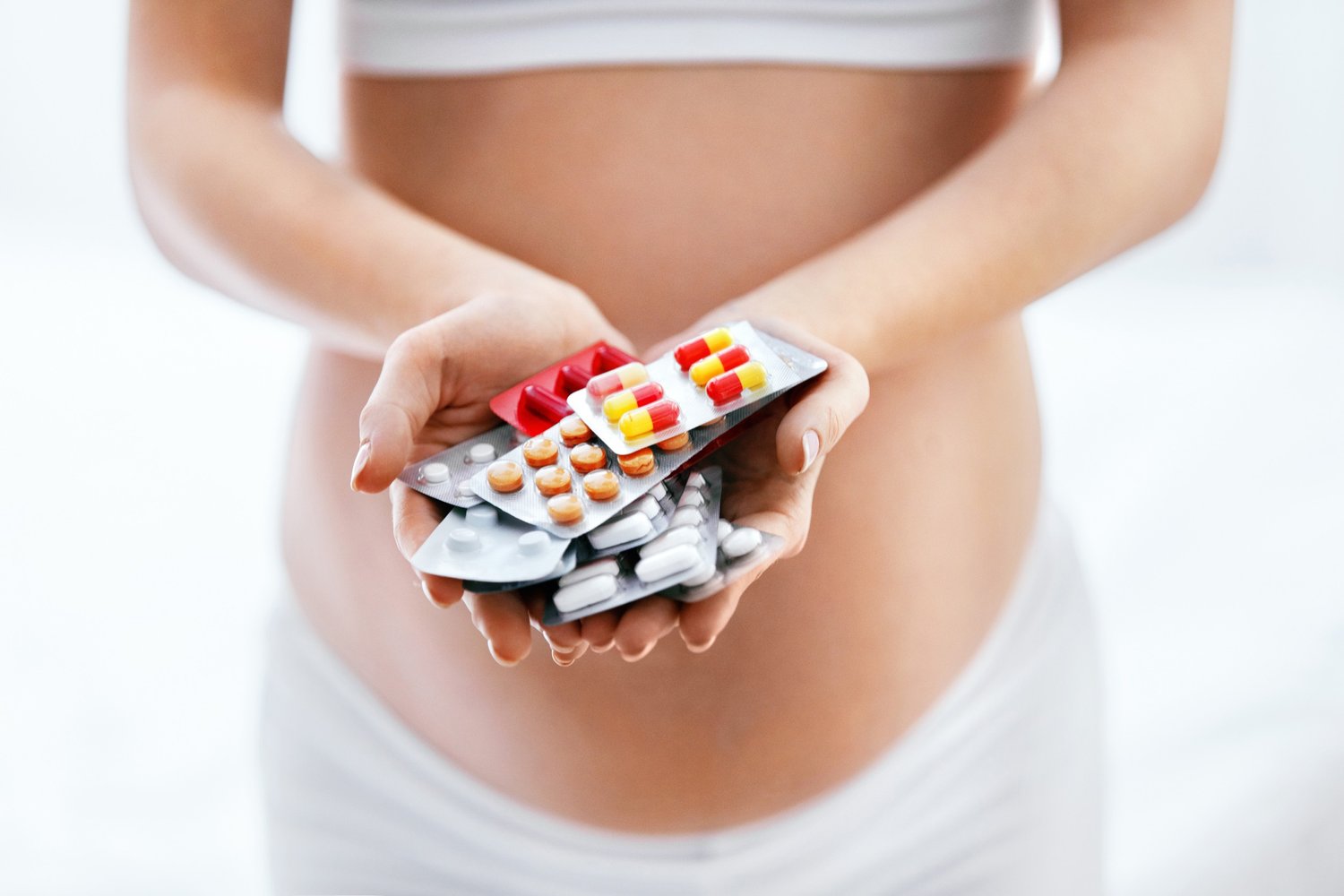We need to be cognizant of the foods and nutrients that we are putting in our bodies at all times, but that’s especially true when you’re pregnant, because now you need to ensure that both your body and your baby have access to crucial nutrients that aid in pregnancy and fetal development.
You’ll want to ensure that you are eating a range of healthy foods and drinking plenty of water, but most women’s care providers also recommend that expecting mothers also take prenatal vitamins.
Why are prenatal vitamins so essential for healthy fetal development, and what should you look for in a prenatal vitamin? We answer those questions and more in today’s blog.
Prenatal Vitamin Basics
Please remember that this is just general information and that you should seek our individualized recommendations from your women’s care provider. Every woman and every pregnancy is different, so while the following advice will apply to a large portion of women, this advice can’t be applied unilaterally to all pregnancies, so broach the topic of prenatal vitamins during one of your prenatal visits.
Most prenatal vitamins contain a number of nutrients that are essential for healthy fetal development. Some of the nutrients that you’ll want to look for in a prenatal vitamins typically include:
-
Folic Acid – B vitamin folic acid is incredibly helpful for a developing child. Research has shown that folic acid can greatly reduce your child’s risk of developing neural tube defects like anencephaly and spina bifida. Other research has found that folic acid can help to lower your child’s risk of a cleft palate and your risk of preeclampsia.
-
Iron – Iron is a mineral that you’ll want plenty of during your pregnancy. Your body uses iron to make hemoglobin (blood) for both you and your child during your pregnancy. Your iron levels are depleted faster as your body is working to produce more hemoglobin than normal, meaning you need more iron in your system. Many women struggle to get enough iron in their diet, so if it’s already in short supply, it can cause issues during your pregnancy. Poor iron intake has been associated with an increased risk of anemia, preterm delivery and low birth weight. Look for a prenatal vitamin that helps you get your recommended daily amount of iron.
-
Calcium – Calcium is needed to aid in bone growth and development, so you’ll want to increase your calcium intake during pregnancy. Calcium helps your child develop strong bones, but if your developing baby doesn’t have access to enough calcium, they’ll actually draw it from your bones, which can cause problems for your bone health. Sufficient calcium intake keeps your bones and your baby’s bones healthy, and it has been shown to reduce your risk of developing high blood pressure and preeclampsia.
-
Vitamin D – A final nutrient you’ll want to look for is vitamin D. Vitamin D promotes a healthy absorption of nutrients like calcium and phosphorus. Your child needs to be able to absorb the nutrients you provide for it, and vitamin D is essential in this process. If you’re deficient in vitamin D, your child may be at an increased risk for delayed development or abnormal bone growth. Vitamin D has also been shown to reduce a woman’s risk of gestational diabetes and preeclampsia.
If you want some more information about which types of prenatal vitamins we recommend, or if you have other questions you want answered by a women’s care professional, reach out to the team at MetroPartners OBGYN today at (651) 770-3320.

